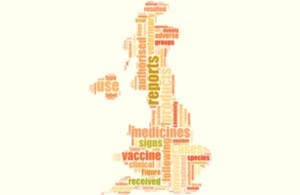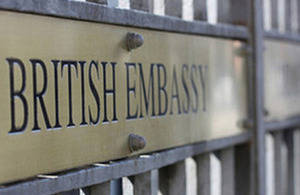Local transport update: national bus strategy for England published
Today (15 March 2021) the government has published Bus Back Better, the long-term national bus strategy for England outside London.
Our strategy will deliver better bus services for passengers across England, through ambitious and far-reaching reform of how services are planned and delivered. The Prime Minister’s announcement of transformational funding (a combined £5 billion for buses, cycling and walking) in February last year demonstrated the government’s commitment to buses and active travel.
Following publication in June 2020 of Gear change: a bold vision for cycling and walking, today’s publication explains how buses will be transformed.
Buses are our most-used form of public transport but, even before coronavirus (COVID-19), they faced challenges. There are pockets of good bus performance outside London, but far too many places have fallen behind. Turning this around is central to this government’s objectives of reaching net zero and levelling up.
COVID-19 has had a significant impact on buses, as with all transport. It gives urgency to the strategy, but also an opportunity. Dealing with the emergency fostered greater cooperation between bus operators and local authorities, which we can build on. We know that wherever and whenever bus patronage grows, there are bus operators and local government working together to deliver improvements for passengers. We want this for all passengers, and the strategy sets out that we want every local transport authority and bus operator in England to be in a statutory enhanced partnership or a franchising arrangement, using existing powers in the Bus Services Act 2017. We will make £25 million available straight away to develop these.
The developing partnerships will be asked to produce robust and ambitious Bus Service Improvement Plans by the end of October 2021. We will expect the plans to set out a roadmap to better services for passengers and communities, urban and rural, and be fully informed by local needs.
The strategy also sets out our ambitious roadmap to a zero-emission bus fleet, including a commitment that we will consult on ending the sale of new diesel buses. This will bring buses into line with other vehicles – we have already announced ending the sale of new petrol and diesel cars by 2030.
Disabled people rely on bus services more than most and the strategy confirms our continuing commitment to supporting an inclusive transport system. One of the strategy’s aims is to improve equality of opportunity, particularly for older and disabled people. We want to see improvement plans that drive improvement in accessibility for all. Disabled people should have the confidence to travel when and where they want to, and our plans ensure that bus services play their part in making that possible.
Alongside this, we have also announced today that 17 rural and suburban communities will see an additional investment of £20 million from the government’s rural mobility fund to trial innovative on-demand services that are able to get closer to where people live and at a time convenient for them – another example of the government’s work to level-up transport infrastructure across the country.
I am placing a copy of the national bus strategy in the libraries of both Houses.

